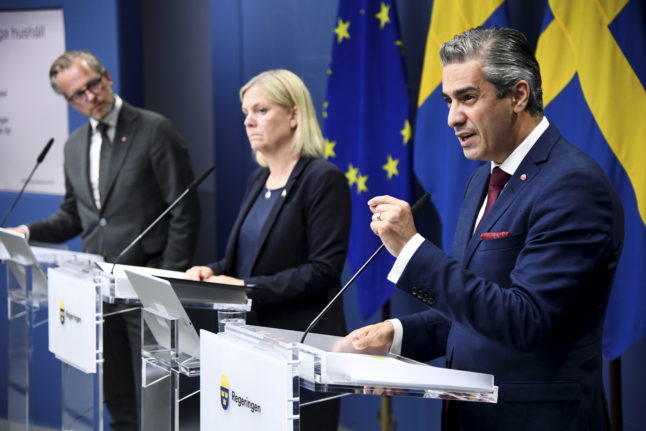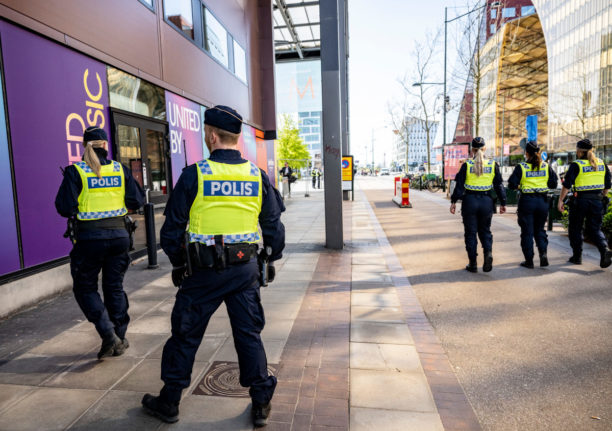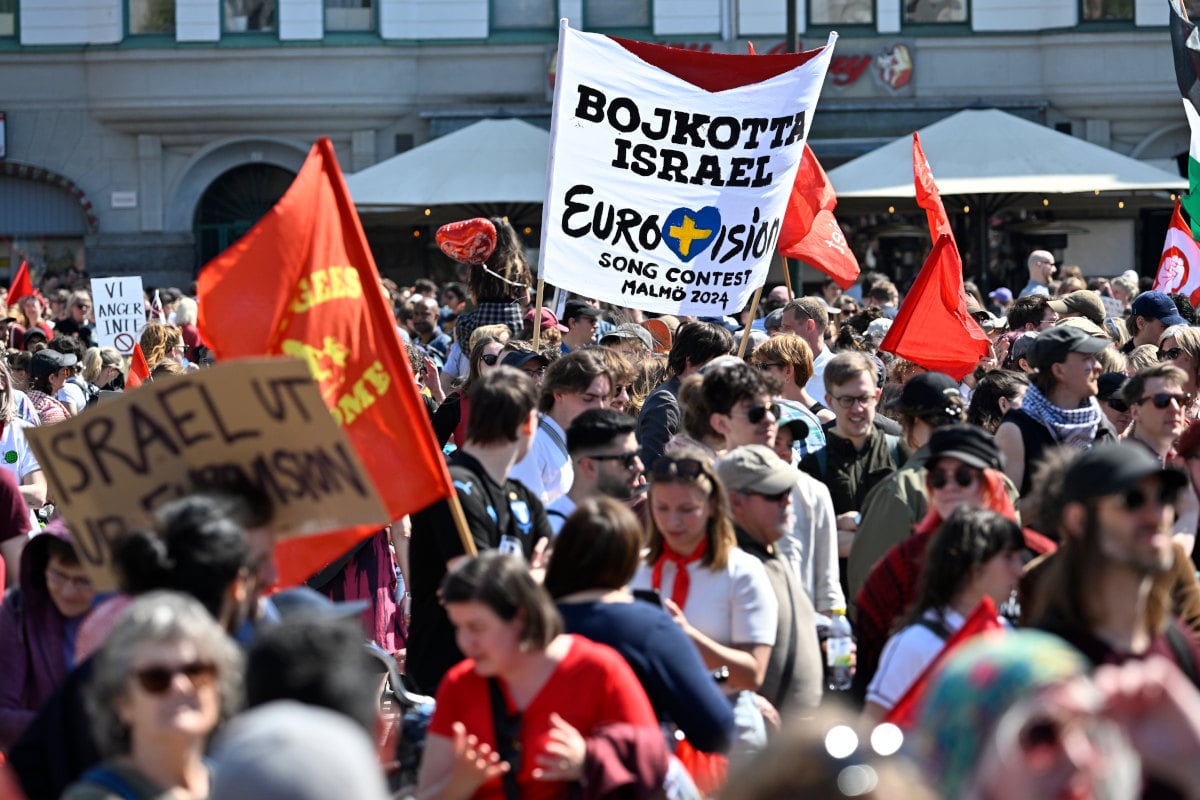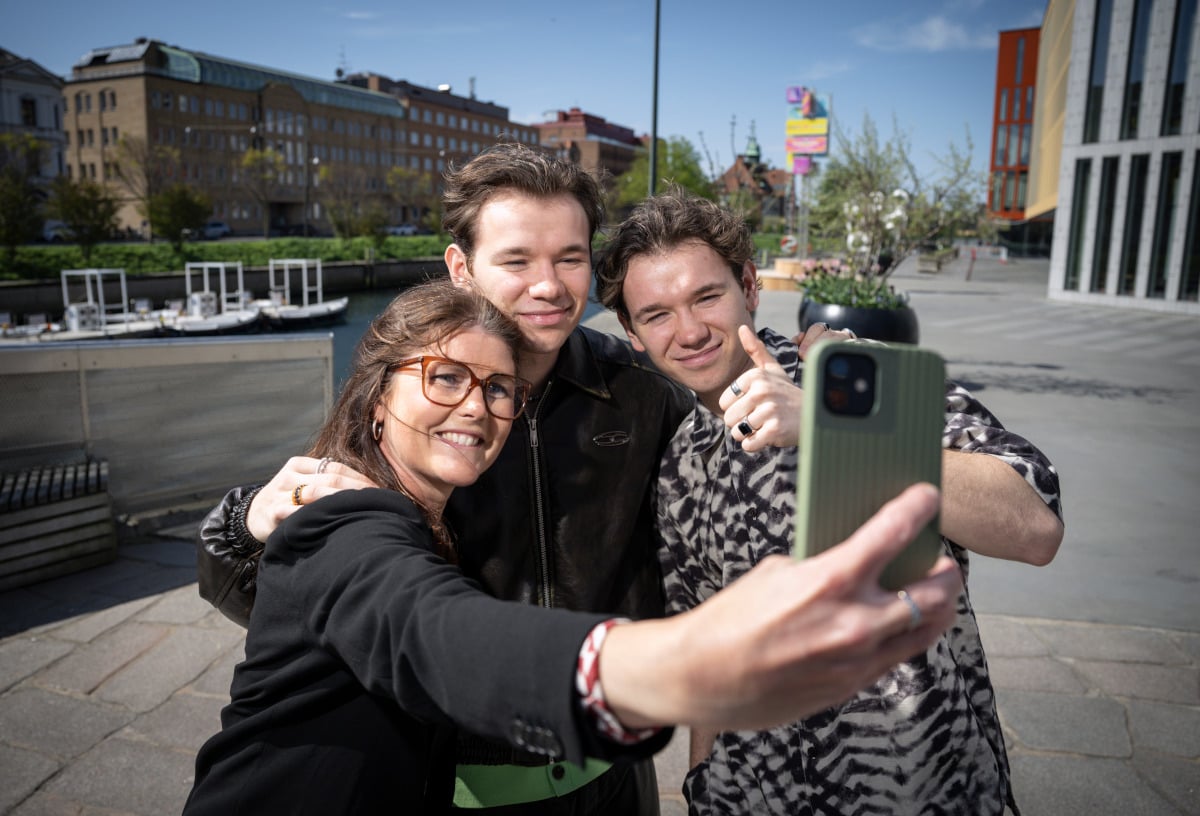“Today we have a very important message,” Prime Minister Magdalena Andersson said in a press conference announcing the measures.
“We want to introduce high-cost protection for current high energy prices,” she said.
She blamed energy prices on Russian President Vladimir Putin and his war on Ukraine.
“We’re not going to let Putin hold Swedish households and businesses to ransom,” she said.
Svenska Kraftnät, a state-owned energy authority, expects to have funds of around 60 billion kronor in so-called “bottleneck income” next year.
The government wants those funds to be returned to households and businesses, with Svenska Kraftnät ordered to pay at least 30 of the 60 billion kronor back to households.
It will be up to the authority to determine how the money will be given back to consumers. According to the government, it could be used to lower energy market prices, but could also be given to consumers as direct compensation.
The goal is to provide more compensation to those companies and households hardest hit by high energy prices, meaning that the measures are likely to be aimed towards households and companies in southern Sweden.
It’s not yet clear when repayment will occur, but Energy Minister Khashayar Farmanbar said the government wants it to be “as soon as possible”. Compensation for last winter’s high energy prices was proposed in January and paid out four months later.
“It’s a repayment of those fees households and businesses have already paid, which we believe they have the right to,” Finance Minister Mikael Damberg said.
Svenska Kraftnät owns the main grid responsible for transporting electricity between different parts of Sweden. The 60 billion kronor bottleneck revenue Svenska Kraftnät is expected to earn by the end of next year is financed by so-called capacity fees paid by power companies and regional grid owners.
“Svenska Kraftnät are not supposed to be collecting piles of money,” Damberg said.
Capacity fees are levied when there are price differences between different parts of the country due to deficiencies in transmission capacity. Recently, those revenues have become unexpectedly high.
The EU’s electricity market regulations determine how the money can be used, for example, for investments, repairs, maintenance or lowering grid tariffs.
During the spring, the government has been in contact with the European Commission, which has now announced that governments may use the funds for emergency measures to benefit households and businesses.





 Please whitelist us to continue reading.
Please whitelist us to continue reading.
Member comments